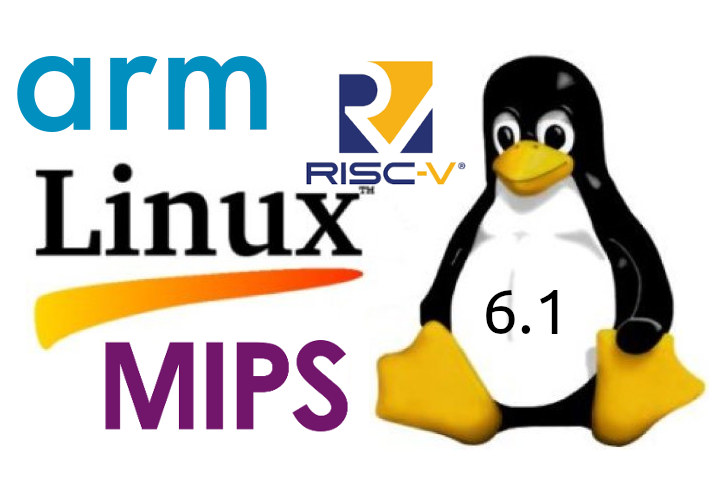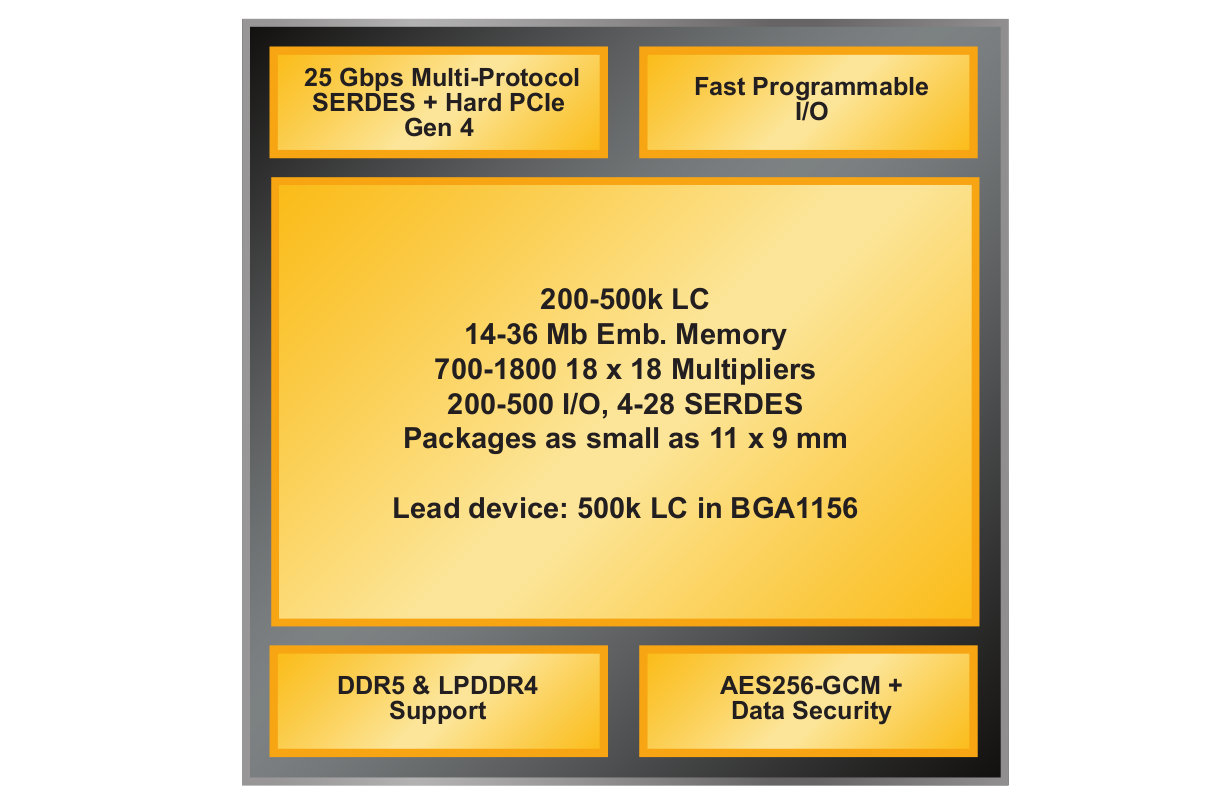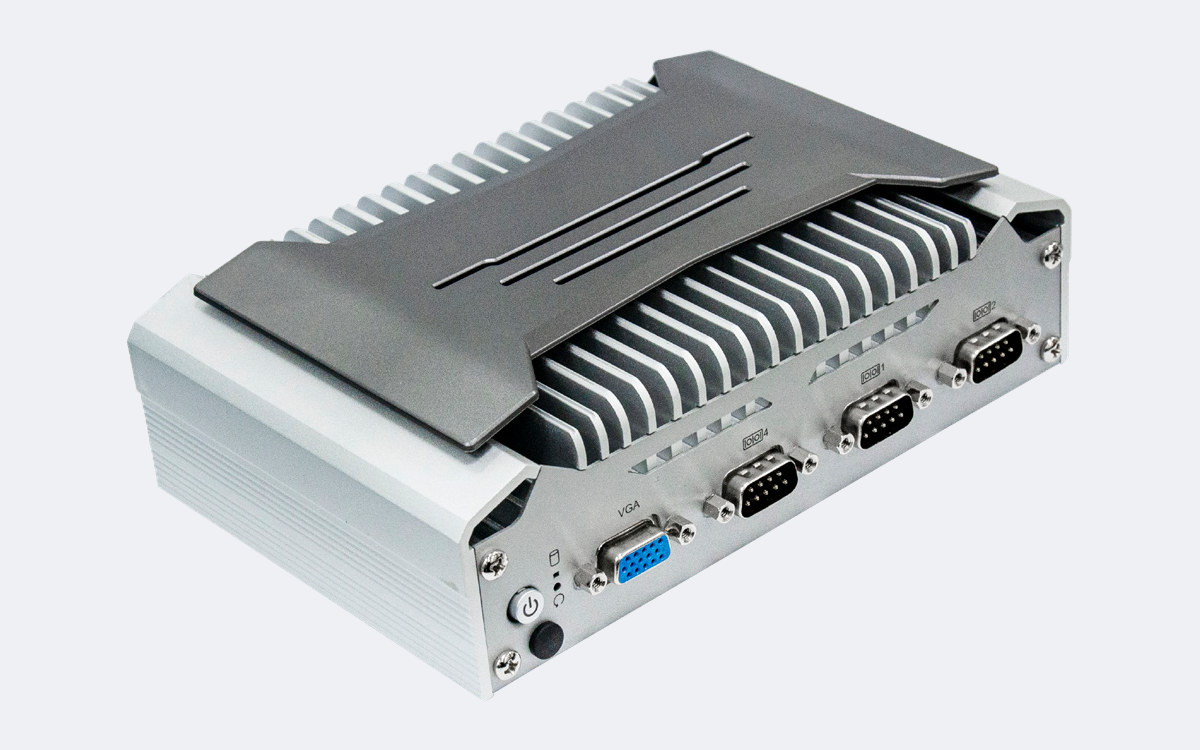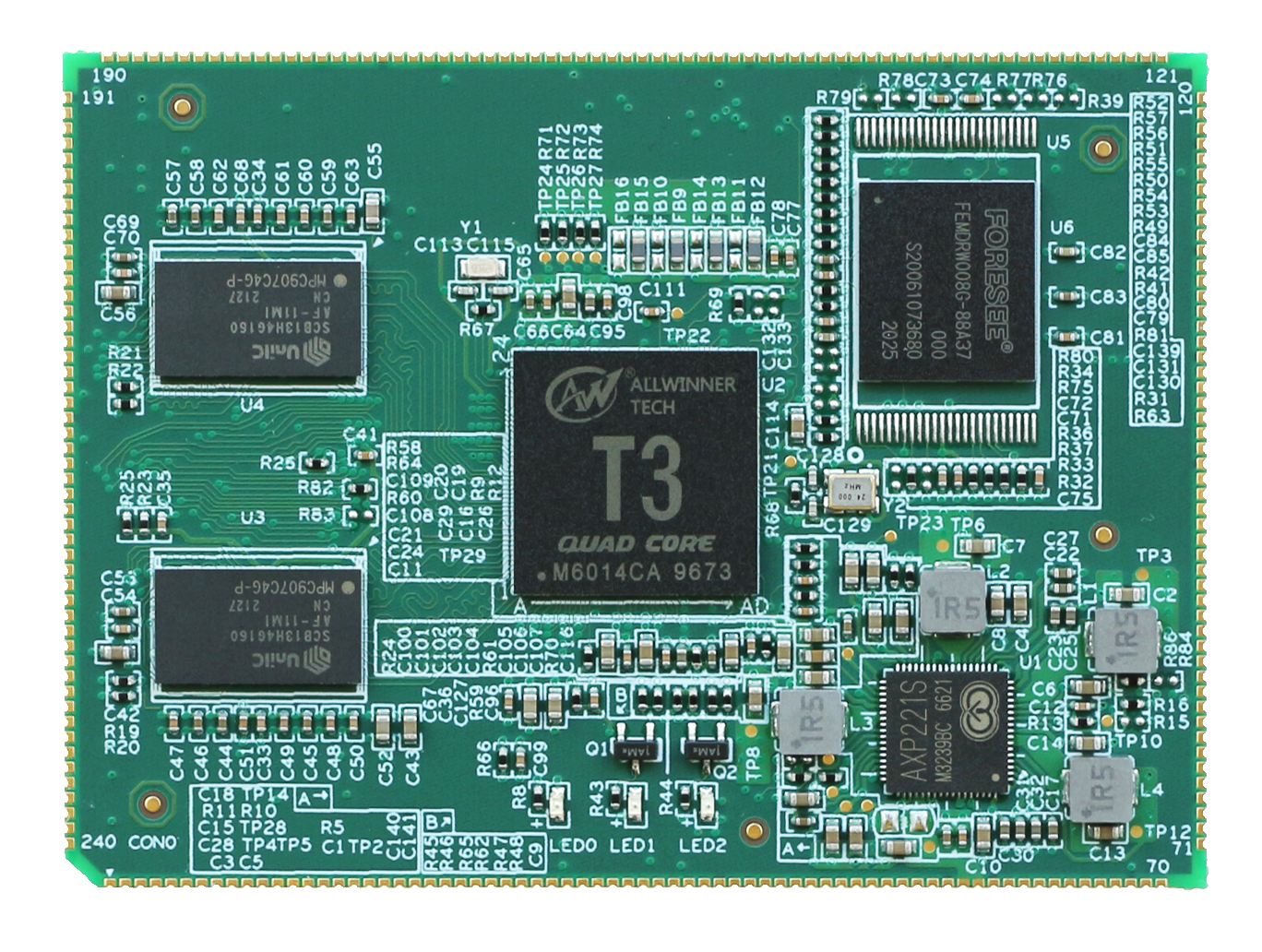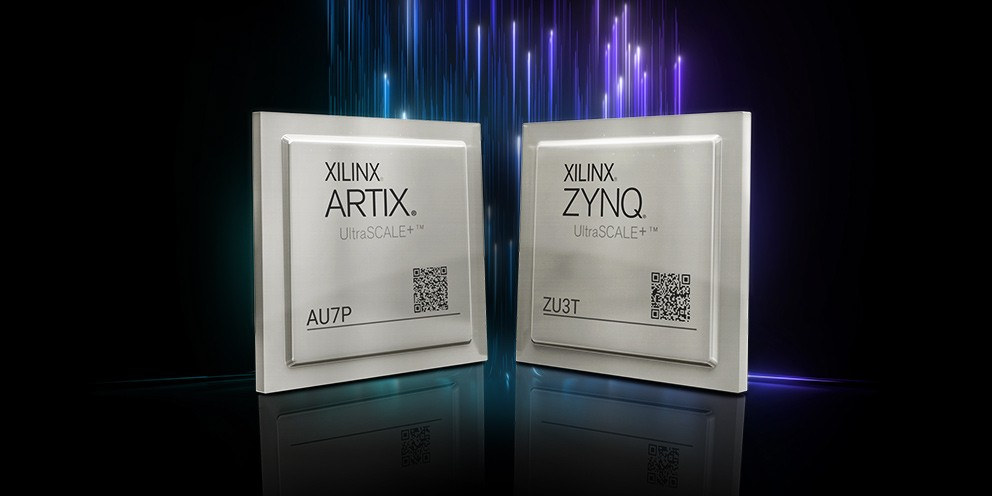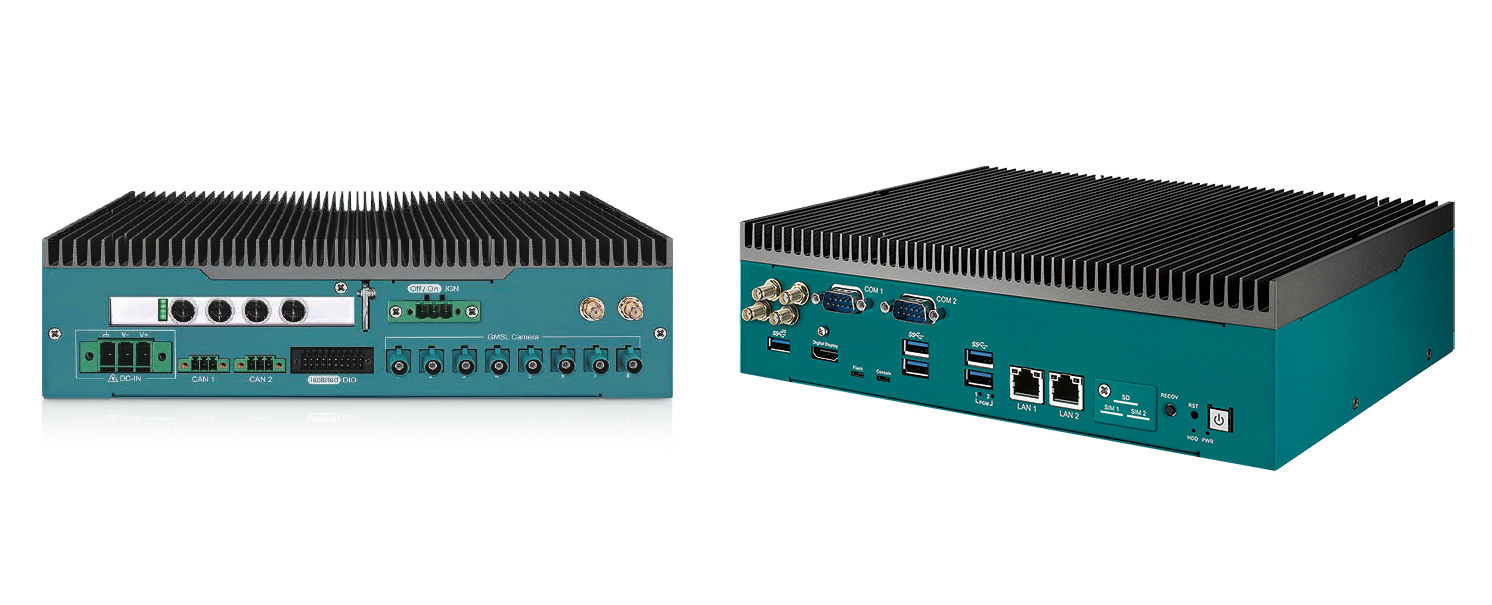Linus Torvalds announced the release of Linux 6.1, likely to be an LTS kernel, last Sunday: So here we are, a week late, but last week was nice and slow, and I’m much happier about the state of 6.1 than I was a couple of weeks ago when things didn’t seem to be slowing down. Of course, that means that now we have the merge window from hell, just before the holidays, with me having some pre-holiday travel coming up too. So while delaying things for a week was the right thing to do, it does make the timing for the 6.2 merge window awkward. That said, I’m happy to report that people seem to have taken that to heart, and I already have two dozen pull requests pending for tomorrow in my inbox. And hopefully I’ll get another batch overnight, so that I can try to really get as […]
Lattice Avant mid-range FPGA platform features up to 500K logic cells, 25 Gbps SERDES, Hard PCIe Gen4
Lattice Avant is a new low-power and small form factor mid-range FPGA platform, manufactured with a 16nm FinFET process, and equipped with 25 Gb/s SERDES, hardened PCI Express, external memory PHY interfaces, a high DSP count, and a security engine. Lattice Semi is better known for its entry-level FPGAs such as the iCE40 which is popular in the community thanks to low-cost hardware and support for open-source tools, but the Avant platform marks the company’s entry into the mid-range FPGA market, defined by chips with 100k to 500k logic cells (LCs). Lattice Avant highlights: FPGA fabric – 200K to 500K logic cells up to 350 MHz DSP – 700 to 1,8000 18×18 multipliers @ up to 650 MHz to support the latest AI algorithms Memory 14-36 Mbit embedded memory up to 650 MHz DDR3L/DDR4/LPDDR4 and DDR5 support I/Os 4x to 28x 25 Gbps multi-protocol SERDES Hard PCIe Gen4 200 to […]
DFI EC70A-TGU embedded computer promises long-term support until 2035 (at least)
Some industries require long-term support of hardware, and DFI’s EC70A-TGU rugged embedded computer could fit the bill as the Tiger Lake IOTG processor used in this model has a 15-Year CPU life cycle guaranteeing availability until Q3 2035. The fanless computer is equipped with 8GB RAM, supports M.2 NVMe SSD storage, also well M.2 expansion slots for 5G modules, features HDMI and VGA video output, four serial DB3 ports, and offers up to four Ethernet ports and up to six USB ports through three SKUs with a different number of USB and Ethernet ports. DFI EC70A-TGU specifications: Tiger Lake UP3 “IoTG” SoC (one or the other) @ 1.5GHz to 4.4GHz depending on SKU Embedded Intel Core i7-1185G7E quad-core processor with Iris Xe graphics; TDP: 28W Intel Core i5-1145G7E quad-core processor with Iris Xe graphics; TDP: 28W Intel Core i3-1115G4E dual-core processor with Intel UHD graphics; TDP: 28W Industrial-grade Intel Core […]
Allwinner T3 automotive-grade processor powers industrial-grade SoM
Allwinner T3 is a quad-core Cortex-A7 automotive-grade processor that supports a wide industrial temperature range of -40°C to +85°C. After comparing the specifications of Allwinner T3, I think it is the same as Allwinner A40i, as Allwinner has different business units and the T-series is for the automotive-grade market, while the A-series has historically been for the tablet market, but is now also used in the industrial-grade market. Tronlong SOM-TLT3 and SOM-TLT3-B are Allwinner T3 system-on-modules (SoM) of Allwinner T3. Both modules have basically the same specifications but the SOM-TLT3 comes with castellated holes for soldering to the carrier board, while the SOM-TLT3-B features board-to-board connectors. Tronlong SOM-TLT3 / SOM-TLT3-B specifications: CPU – Allwinner T3 quad-core Arm Cortex-A7 @ 1.2 GHz with 32KB L1 I-cache + 32KB L1 D-cache, 512KB L2 cache. GPU – Arm Mali-400 MP2 with support for OpenGL ES 1.1/2.0, Open VG 1.1 Memory – 1/2GByte DDR3 […]
AMD unveils low-cost Artix UltraScale+ AU7P FPGA and Zynq UltraScale+ ZU3T MPSoC
AMD has added two new low-cost, low-power members to its UltraScale+ family with the Artix UltraScale+ AU7P FPGA and the Zynq UltraScale+ ZU3T MPSoC. Both devices are manufactured with the 16nm FinFET process and offer entry points to the transceiver-based UltraScale+ family with features such as high I/O-to-logic density, UltraRAM, DSP, and more. AMD Artix UltraScale+ AU7P FPGA The new AU7P FPGA is the smallest from the Artix UltraScale+ family with four 12.5Gbps transceivers, up to 82K system logic cells, 216 DSP slices, 4.9 Mbit RAM, and 248 I/Os. It is offered in a 10.5 x 8.5mm InFO package. The company says the chip provides up to 50% lower static power, 20% more I/O-to-logic ratio, and twice as many 3.3V HDIO compared to the AU10P device. The AU7P is designed for space-constrained and/or power-sensitive applications such as medical imaging, machine vision, professional cameras/monitors, and automotive radar/lidar. More details may be […]
Andes unveils AndesCore AX65 Out-of-Order RISC-V core for compute intensive applications
Andes Technology has unveiled the high-end AndesCore AX60 series out-of-order 64-bit RISC-V processors at the Linley Fall Processor Conference 2022 with the new cores designed for compute-intensive applications such as advanced driver-assistance systems (ADAS), artificial intelligence, augmented/virtual reality, datacenter accelerators, 5G infrastructure, high-speed networking, and enterprise storage. AndesCore AX65 is the first member of the family and supports RISC-V scalar cryptography extension and bit manipulation extension. It is a 4-way superscalar core with Out-of-Order (OoO) execution in a 13-stage pipeline and can fetch 4 to 8 instructions per cycle. The company further explains the AX65 core then decodes, renames, and dispatches up to 4 instructions into 8 execution units, including 4 integer units, 2 full load/store units, and 2 floating-point units. The AX65’s memory subsystem also includes split 2-level TLBs (translation lookaside buffers) with up to 64 outstanding load/store instructions. Up to eight AX65 cores (or should that then be […]
Vecow launches NVIDIA Jetson AGX Orin-based EAC-5000 Series Edge AI computing system
Vecow EAC-5000 is a rugged AI computing system powered by NVIDIA’s Jetson AGX Orin 32GB or 64GB system-on-module designed for advanced edge AI applications such as in-vehicle computing, robotic control, machine vision, intelligent video analytics, and mobile robots. The embedded computer delivers up to 275 TOPS of AI performance thanks to the NVIDIA module, supports up to eight GMSL2 cameras, various wireless connectivity options with 6 antennas, 9V to 50V wide range DC power input, and operates in the -20°C to 70°C temperature range. Vecow EAC-5000 specifications: System-on-Module EAC-5000-R32 – NVIDIA Jetson AGX Orin 32GB with CPU – 8-core Arm Cortex-A78AE v8.2 64-bit processor @ 2.2 GHz with 2MB L2 + 4MB L3 cache GPU / AI accelerators NVIDIA Ampere architecture with 1792 NVIDIA CUDA cores and 56 Tensor Cores @ 1 GHz DL Accelerator – 2x NVDLA v2.0 @ up to 1.4 GHz Vision Accelerator – PVA v2.0 (Programmable […]
SiFive unveils Automotive E6-A, X280-A, and S7-A RISC-V processors
RISC-V is coming to your car too, with the introduction of SiFive Automotive E6-A, X280-A, and S7-A RISC-V processors designed for automotive applications such as infotainment, cockpit, connectivity, ADAS, and electrification. Those are built on the existing SiFive Essential 6-series E6 32-bit real-time cores, SiFive Intelligence X280 64-bit RISC-V processor with AI extensions, and SiFive S7 64-bit real-time cores (equivalent to Cortex-R7/R8), but adds safety, security, and performance required by the automotive market such as ASIL compliance. Each new core targets specific applications within a vehicle: The SiFive E6-A series will be found in system control boards, hardware security modules (HSMs) and safety islands, as well as standalone in microcontrollers. The SiFive S7-A 64-bit real-time core is said to be suited to the needs of SoCs with performant safety islands, requiring both low latency interrupt support and the same 64-bit memory space as the main application CPUs. The SiFive X280-A […]


